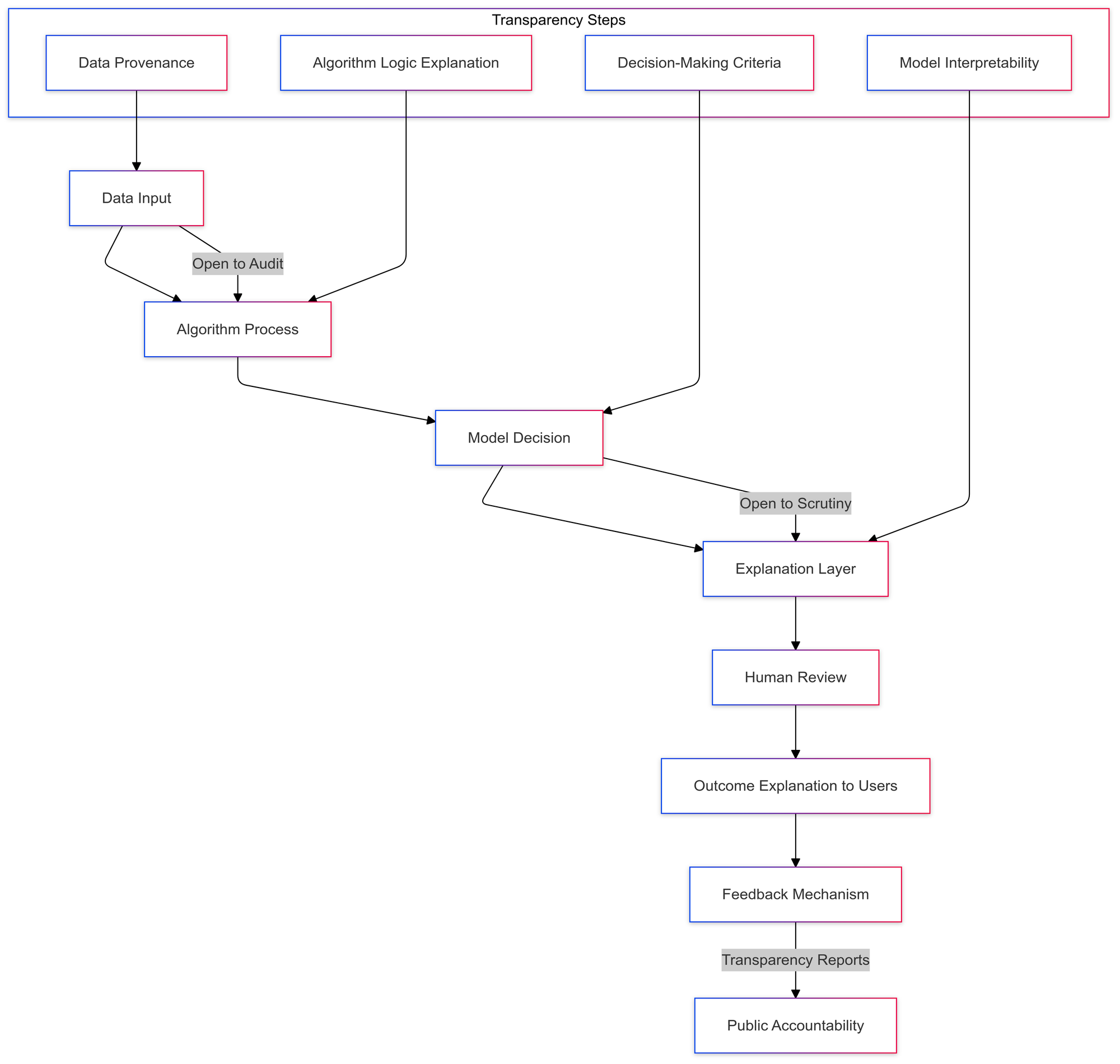Artificial Intelligence (AI) technologies are revolutionizing industries, reshaping societies, and pushing the boundaries of what's possible. However, with such unprecedented growth comes the need for robust policy frameworks to ensure ethical use, protection of privacy, and fair access. In this post, we'll explore the intricacies of policy-making for AI technologies through expert opinions and insights.
The Importance of AI Policies
AI policies are crucial to guide the development and deployment of AI technologies responsibly. They help address concerns like data privacy, algorithmic bias, and the ethical implications of autonomous systems.
Expert Insight: Dr. Jane Smith, a leading AI ethicist, explains, "Without clear policies, the rapid advancements in AI could lead to unintended consequences, from privacy breaches to biased decision-making systems."
Key Areas for Policy Development
- Data Privacy and Security
- Policies must regulate how data is collected, stored, and used, ensuring transparency and consent.

- Algorithmic Transparency
- There's a growing demand for AI systems to be transparent, allowing users and stakeholders to understand decision-making processes.

- Bias and Fairness
- Addressing biases within AI systems is vital for fairness and equity.

- Autonomous Systems and Safety
- Policies need to address the safe deployment of autonomous vehicles, drones, and robots.

Innovation and Ethics
- Balancing innovation with ethical considerations is key to sustainable AI development.

Expert Opinions and Insights
Engaging with thought leaders provides valuable perspectives on AI policy-making.
Dr. John Doe, AI Policy Advisor
Dr. Doe suggests that international cooperation is essential in creating effective AI policies. He states, "AI is a global phenomenon, and collaborative policymaking can help set universal standards and address cross-border challenges."
Sarah Lee, AI and Human Rights Advocate
Sarah emphasizes the need for policies that prioritize human rights. She argues, "AI policies should protect individual freedoms and promote societal well-being, ensuring technologies uplift rather than oppress."
Challenges in AI Policy-Making
- Rapid Technological Advancements: Policymakers often struggle to keep pace with AI innovations.
- Global Diversity: Different regions have varying needs and ethical perspectives, complicating policy alignment.
- Stakeholder Collaboration: Coordinating input from tech companies, governments, and civil society is crucial yet challenging.
Conclusion: The Path Forward
Developing comprehensive AI policies is an ongoing challenge that requires multi-stakeholder engagement and continuous adaptation to new developments. Expert insights highlight the need for international collaboration, transparency, and a strong ethical framework to guide AI's future.
Summary
AI policies are essential for managing the ethical, social, and economic impacts of AI technologies. By addressing key areas such as data privacy, transparency, and bias, we can harness AI's potential responsibly and equitably.




